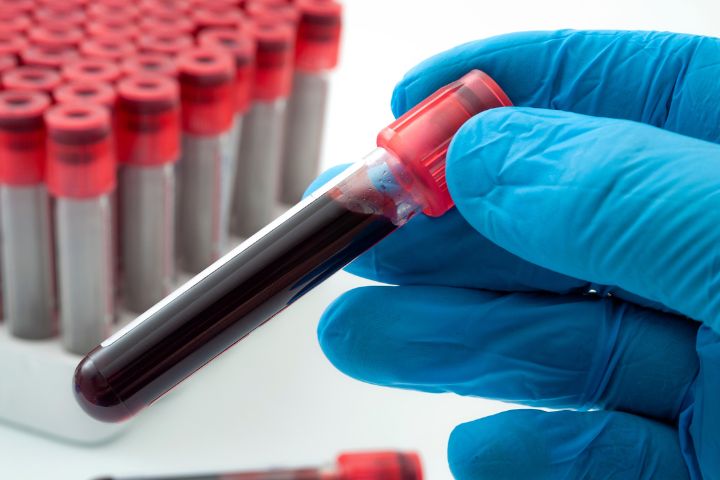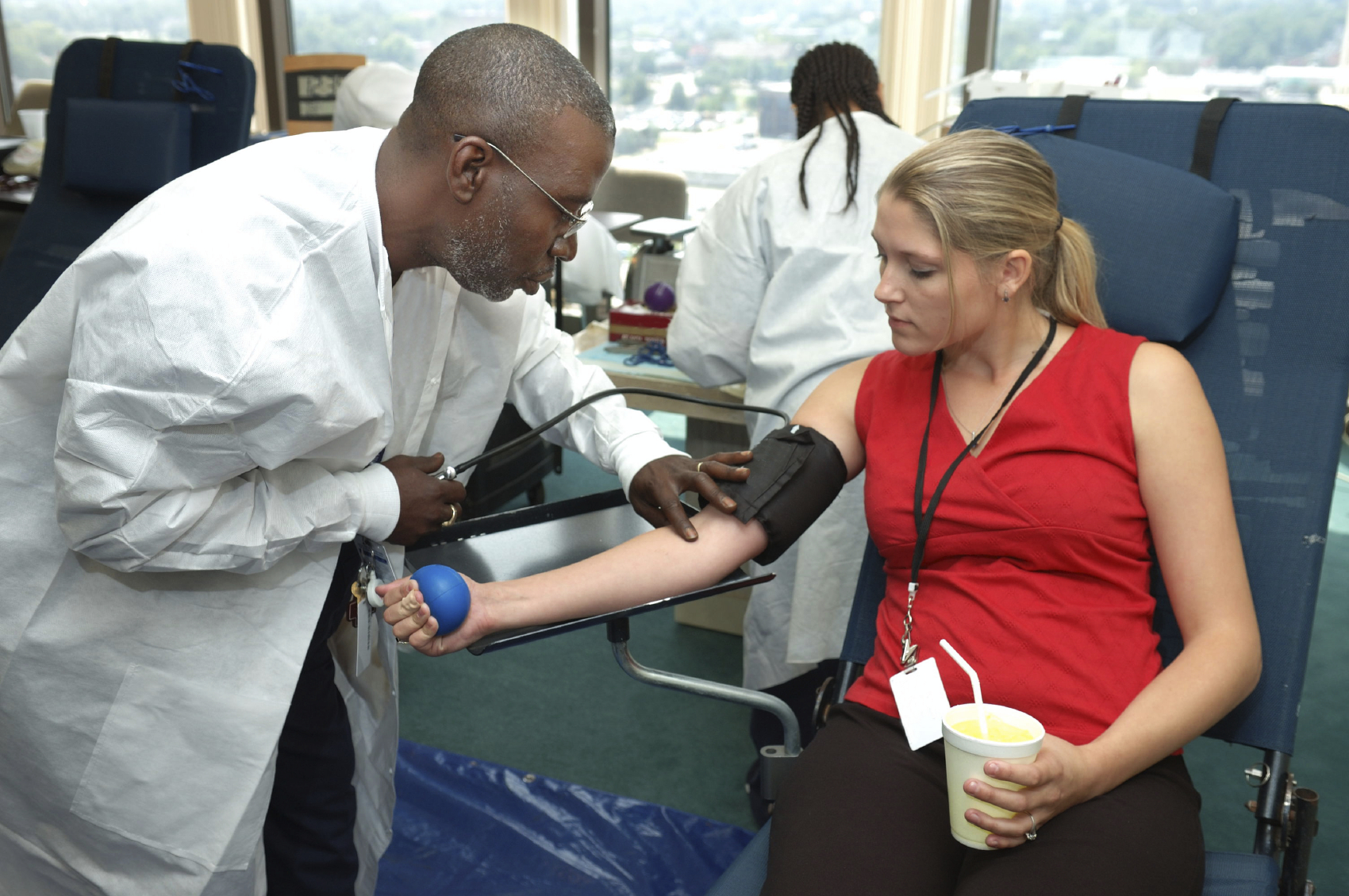The smart Trick of Northeast Medical Institute - New Haven Campus Phlebotomy Course & Cna Class That Nobody is Discussing
The smart Trick of Northeast Medical Institute - New Haven Campus Phlebotomy Course & Cna Class That Nobody is Discussing
Blog Article
Northeast Medical Institute - New Haven Campus Phlebotomy Course & Cna Class for Dummies
Table of ContentsNortheast Medical Institute - New Haven Campus Phlebotomy Course & Cna Class Things To Know Before You Get ThisNortheast Medical Institute - New Haven Campus Phlebotomy Course & Cna Class for DummiesGetting The Northeast Medical Institute - New Haven Campus Phlebotomy Course & Cna Class To WorkThe Single Strategy To Use For Northeast Medical Institute - New Haven Campus Phlebotomy Course & Cna ClassA Biased View of Northeast Medical Institute - New Haven Campus Phlebotomy Course & Cna ClassNot known Facts About Northeast Medical Institute - New Haven Campus Phlebotomy Course & Cna Class
The use of such devices need to be gone along with by other infection avoidance and control methods, and training in their usage.For setups with low resources, price is a driving consider procurement of safety-engineered tools - Phlebotomy Courses. Where safety-engineered tools are not available, knowledgeable use of a needle and syringe serves. Unexpected direct exposure and details information concerning an event need to be videotaped in a register. Assistance services need to be advertised for those that undertake unintended exposure.
labelling); transport conditions; interpretation of outcomes for medical administration. In an outpatient department or clinic, supply a committed phlebotomy cubicle containing: a clean surface with 2 chairs (one for the phlebotomist and the various other for the individual); a hand clean basin with soap, running water and paper towels; alcohol hand rub. In the blood-sampling area for an outpatient division or center, supply a comfy reclining couch with an arm remainder.
6 Easy Facts About Northeast Medical Institute - New Haven Campus Phlebotomy Course & Cna Class Shown
Ensure that the indications for blood sampling are plainly specified, either in a composed protocol or in recorded directions (e.g. in a lab form). Gather all the devices needed for the treatment and location it within safe and very easy reach on a tray or trolley, ensuring that all the products are plainly visible.
Where the individual is adult and mindful, follow the steps outlined below. Present on your own to the client, and ask the patient to mention their complete name. Check that the research laboratory form matches the patient's identification (i.e. match the patient's information with the lab kind, to make sure exact recognition). Ask whether the license has allergic reactions, phobias or has actually ever before passed out throughout previous shots or blood draws.
Make the client comfy in a supine position (preferably). Location a clean paper or towel under the client's arm. Discuss the test to be performed (see Annex F) and obtain spoken authorization. The client has a right to decline a test at any moment prior to the blood tasting, so it is very important to make certain that the patient has understood the procedure.
The 8-Minute Rule for Northeast Medical Institute - New Haven Campus Phlebotomy Course & Cna Class
Prolong the person's arm and inspect the antecubital fossa or lower arm. Find a blood vessel of an excellent size that is noticeable, straight and clear.
DO NOT insert the needle where blood vessels are diverting, due to the fact that this boosts the possibility of a haematoma. The capillary needs to show up without using the tourniquet. Finding the blood vessel will assist in determining the right size of needle. Apply the tourniquet about 45 finger widths above the venepuncture site and re-examine the vein.
Samplings from central lines lug a threat of contamination or incorrect laboratory test results. It is appropriate, however not excellent, to attract blood samplings when first introducing an in-dwelling venous device, before linking the cannula to the intravenous liquids.
Get This Report on Northeast Medical Institute - New Haven Campus Phlebotomy Course & Cna Class
Enable the area to completely dry. Failure to allow adequate contact time boosts the threat of contamination. DO NOT touch the cleaned site; in particular, DO NOT put a finger over the capillary to direct the shaft of the revealed needle. It the site is touched, repeat the sanitation. Perform venepuncture as complies with.
Ask the individual to form a clenched fist so the veins are a lot more noticeable. Enter the vein swiftly at a 30 level angle or less, and continue to present the needle along the capillary at the simplest angle of access - PCT Classes. As soon as adequate blood has been collected, release the tourniquet BEFORE taking out the needle
Getting My Northeast Medical Institute - New Haven Campus Phlebotomy Course & Cna Class To Work
Withdraw the needle delicately and apply gentle stress to the website with a clean gauze or dry cotton-wool round. Ask the patient to hold the gauze or cotton woollen in area, with the arm extended and raised. Ask the person NOT to bend the arm, because doing so triggers a haematoma.

Not known Factual Statements About Northeast Medical Institute - New Haven Campus Phlebotomy Course & Cna Class
Where feasible, maintain the tubes in a shelf and relocate the rack in the direction of you - https://www.storeboard.com/northeastmedicalinstitute-newhavencampusphlebotomycourseandcnaclass1. If the sample tube does not have a rubber stopper, infuse incredibly gradually right into the tube as reducing the pressure and speed utilized to move the sampling reduces the risk of haemolysis.

Report this page